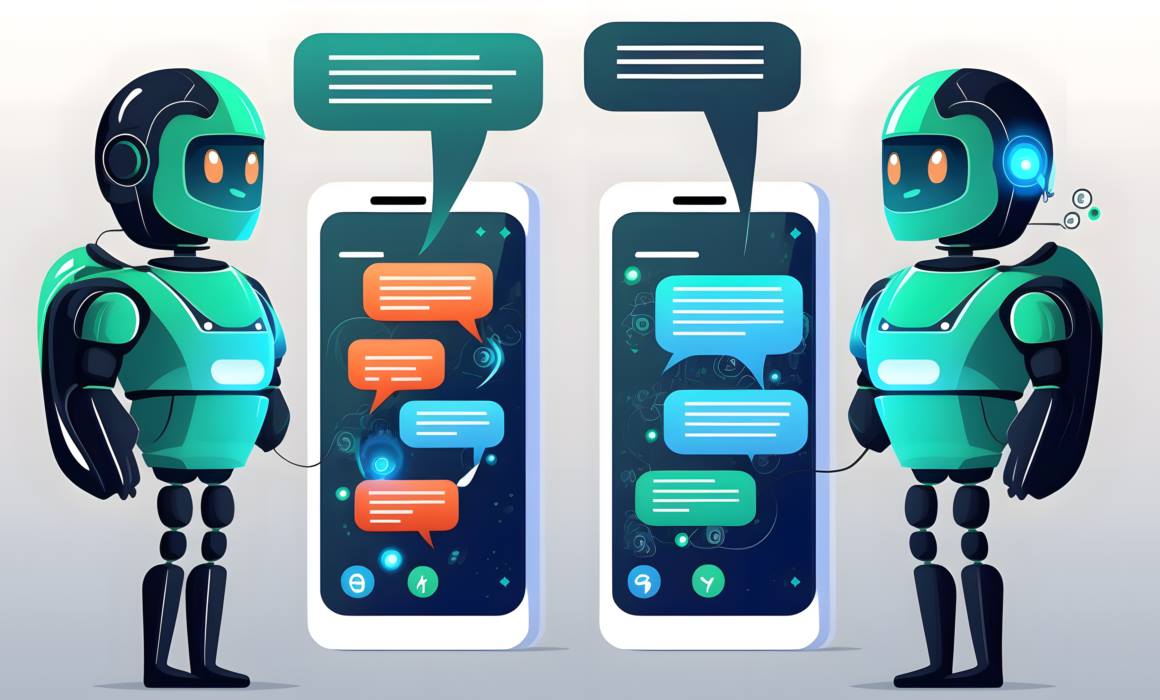Resurrection Through Chatbot: The Ethics Of Grief Tech

Losing a loved one is a remarkably painful experience that leaves a lasting mark on our hearts. Even if we manage to distract ourselves from the pain temporarily, it is like an open wound that never truly closes. The thought of never being able to see or talk to our loved ones again is simply unbearable for many of us.
However, some entrepreneurs view every desire as a potential opportunity, even the profound longing that arises from death. As a result, tech companies have discovered a new application for their deepfake technology in response to our yearning to reconnect with our departed loved ones.
How Does Resurrection Through Chatbot Work?
To address the longing for the loved ones we have lost, tech companies have discovered a new application for their deepfake technology. While deepfakes are typically used to imitate celebrities and politicians, certain startups have recognized the potential of creating deepfake chatbots that mimic dead people, commonly referred to as griefbots.
These companies collect data from the deceased person's social media accounts to create these bots. Experts employ artificial intelligence to predict how the person would respond in various situations. Subsequently, a grieving friend or family member can engage in conversation with the resulting AI. If all goes according to plan, it becomes nearly impossible to distinguish the AI from the actual person who has passed away.
Proponents argue that griefbots can serve as a therapeutic tool, particularly for those who struggle with traditional grief counseling or have limited access to support networks. By engaging with an AI that resembles their loved ones, individuals can express their emotions freely, without fear of judgment or burdening others. This can be especially valuable for those who find it challenging to open up about their grief or who feel isolated in their mourning. However, several concerns have also arisen over the ethical implications of grief tech.

What Are The Ethical Issues With Griefbots
Critics of grief tech have expressed their worries that this could be another method for companies to take advantage of grieving individuals. The creators of these chatbots are mainly focused on making profits and not on the welfare of their customers. It is possible that this practice is inherently manipulative and detrimental to the customers’ emotional well-being. After all, how can it be morally acceptable to profit from people going through their darkest moments?
In addition to the objections related to coercion, there are also concerns about the autonomy of the simulated individuals. In certain cases, if it is possible to inflict harm on the deceased, it could occur in this particular scenario. The unpredictability of the chatbot's replies makes it difficult for the person interacting with the bot to distinguish between the bot and their deceased loved one.
While we are still alive, we all have certain standards in regard to the legacy we wish to leave behind and the ways in which we want others to remember us. The actual person may not have agreed to the things that the AI-generated version of them says. Although we cannot dictate others' opinions, it is important to preserve our memories and ensure that our posthumous desires are not exploited for financial gain.
Another criticism of griefbots is that they hinder the process of finding closure. When grieving individuals engage with this technology, they may find solace in the temporary illusion that their loved one is still alive. This can prevent them from fully processing their emotions and coming to terms with the fact that their loved one is gone forever. Instead of confronting their grief and working through the pain, customers may become dependent on the artificial presence of the chatbot.

Final Thoughts
Engineers must carefully consider the ethical implications of griefbot technology when determining its future. Some individuals may find comfort in the idea of their legacies being preserved as bots, while others may view imitative griefbots as a form of identity theft. Although griefbots can never truly replace the deceased, they can serve as a reminder for mourners. It is crucial that individuals give their consent for the creation of griefbots in their likeness while they are still alive.











